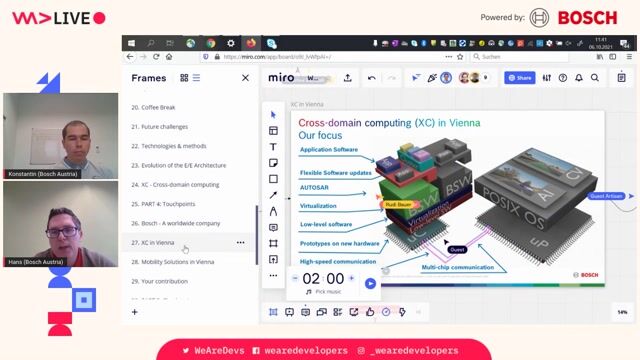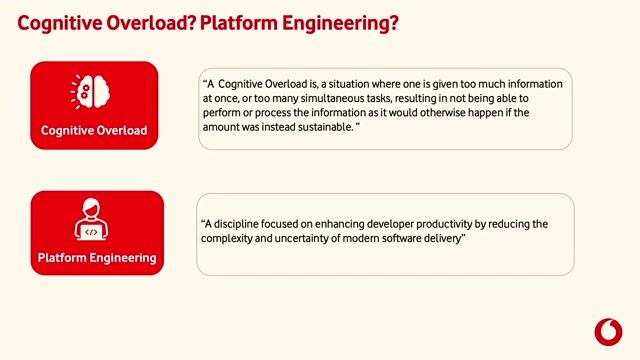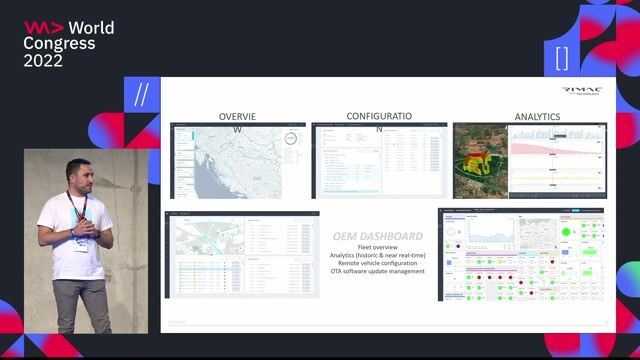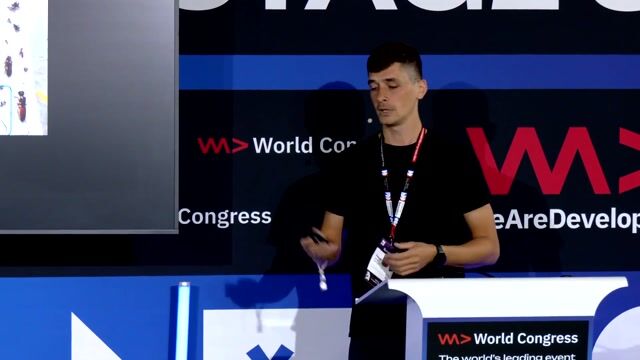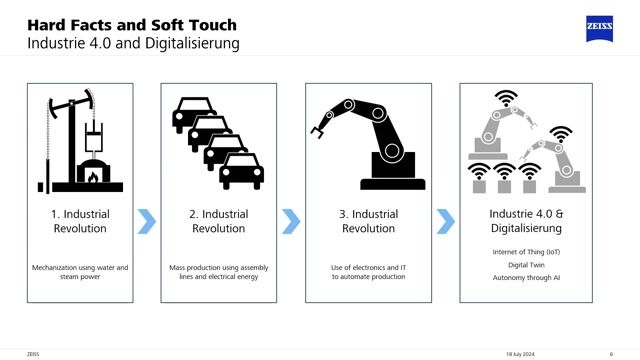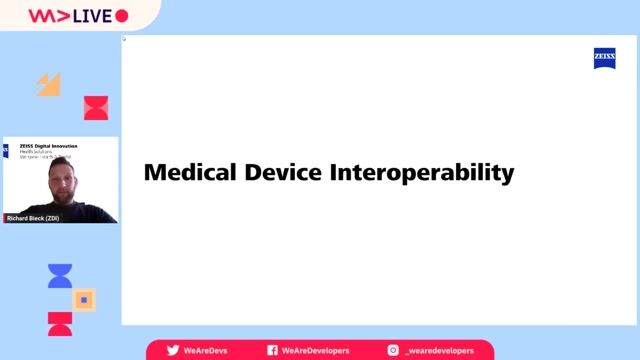Firmware Engineer
Role details
Job location
Tech stack
Job description
- Design, implement, and maintain firmware for microcontroller-based medical devices, ensuring compliance with safety and regulatory standards
- Work with RTOS-based systems, focusing on real-time performance, reliability, and efficient resource usage
- Collaborate with architects, test engineers, and system engineers to define interfaces, hardware abstraction layers, and low-level drivers
- Participate in code reviews, design reviews, and risk assessments to ensure high code quality and adherence to design constraints
- Apply unit testing, static code analysis, and other industry best practices for safety-critical software
- Support integration testing, debugging, and root cause analysis of issues arising in system-level testing (e.g., HIL/SIL)
- Develop and maintain technical documentation, including software design, implementation details, and traceability to requirements
- Contribute to continuous improvement of development processes, toolchains, and testing frameworks
Requirements
- Bachelor's or Master's degree in Electronics, Computer Engineering, Embedded Systems, or a related field
- Some years of experience in embedded firmware development, preferably in medical or other regulated industries
- Experience in developing firmware for microcontrollers (e.g., STM32, NXP, Renesas) in a real-time environment
- Knowledge of regulatory and quality requirements for medical device development is an advantage
- Strong programming skills in C/C++, with experience in real-time embedded firmware development
- Familiarity with RTOS platforms (e.g., Keil FuSa RTX, FreeRTOS, Zephyr, or similar)
- Experience with low-level hardware interfaces (e.g., SPI, I2C, UART, ADC/DAC, PWM, GPIO)
- Knowledge of software development for safety-critical systems, preferably in compliance with IEC 62304, ISO 13485, and ISO 14971
- Experience with unit testing, static analysis tools (e.g., Polyspace, Vectorcast, Cppcheck, PC-lint, Coverity), and code coverage analysis
- Familiarity with version control (e.g., Git), issue tracking, and CI/CD pipelines for embedded projects
- Understanding of CAN protocols, digital I/O, and embedded debugging tools (e.g., oscilloscopes, logic analyzers, JTAG/SWD)
- Basic knowledge of hardware schematics and datasheets is a plus
- Strong problem-solving and analytical skills
- Good communication skills and ability to work in cross-functional teams
- Proactive, detail-oriented, and committed to producing high-quality and maintainable code
- Comfortable working in a regulated environment with structured development processes
- Occasional travel may be required
Benefits & conditions
In addition to providing you with a supportive, inclusive and collaborative environment where you will feel empowered to take ownership and drive meaningful change, we will reward you with the following:
- A dynamic role in an advanced Medical Device environment interfacing with all worldwide regulatory landscapes supporting your professional career growth
- Exposure to a State-of-the-Art medical device development process, in close co-operation with international clinicians
- Competitive base salary
- Variable short-term & long-term incentives
- Recognition: through our STARS Program, we recognize and celebrate our colleagues' contributions and achievements
If you like the sound of the above and feel energized by the idea of joining a great brand at a moment of exciting expansion, please apply now. We look forward to hearing from you!
Medical technology
1,001-5,000 employees
München, Germany 3.0 Based on 156 reviews Flexitime Work from home Canteen Restaurant tickets Childcare Company pension Accessibility Health in the workplace Company doctor Training Car park Convenient transport links Employee benefits Company car Mobile device Profit-sharing Staff events Private internet use Dogs welcome
